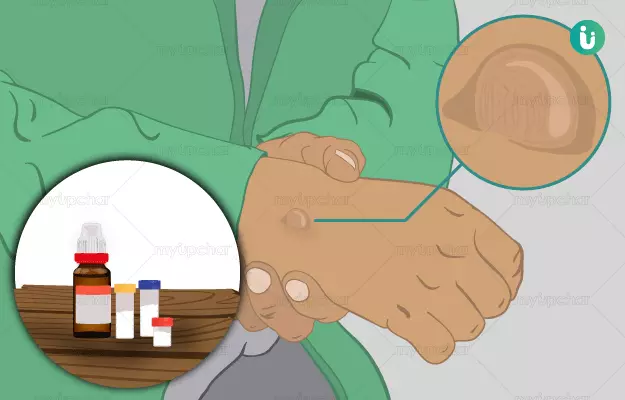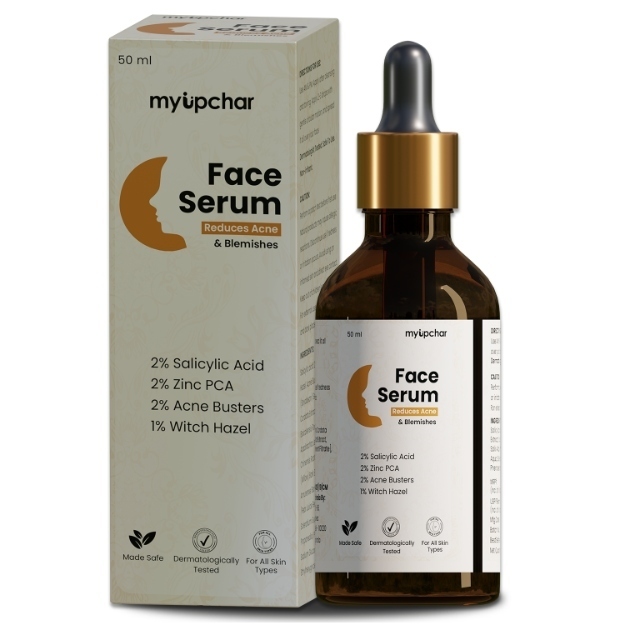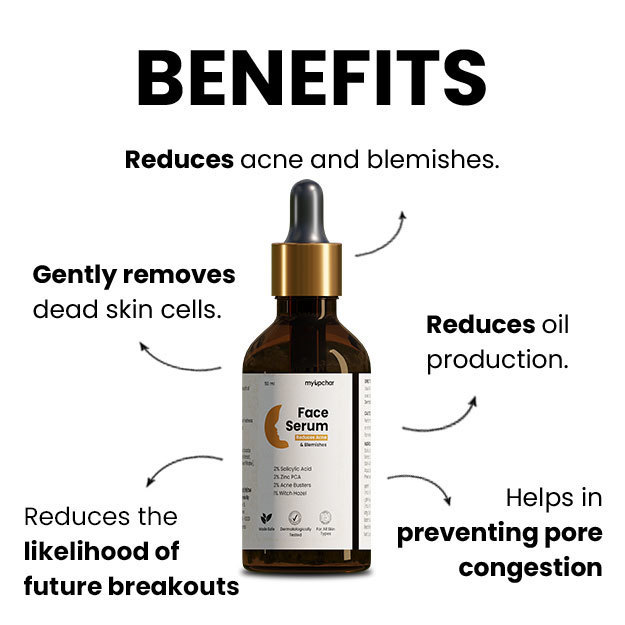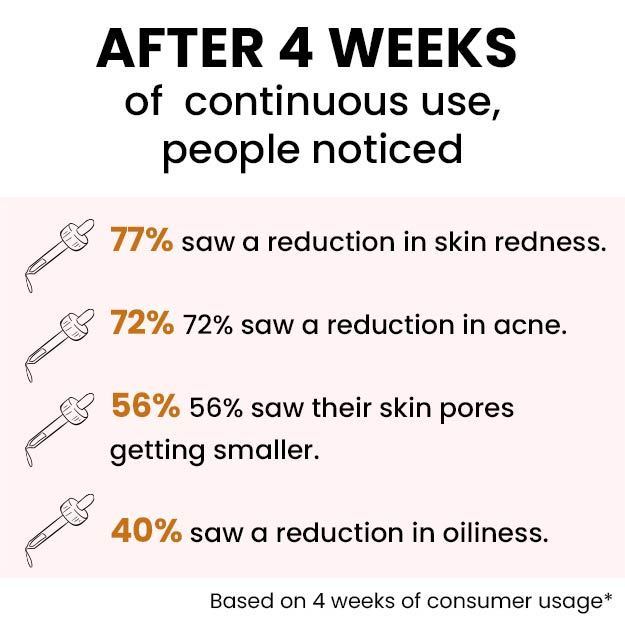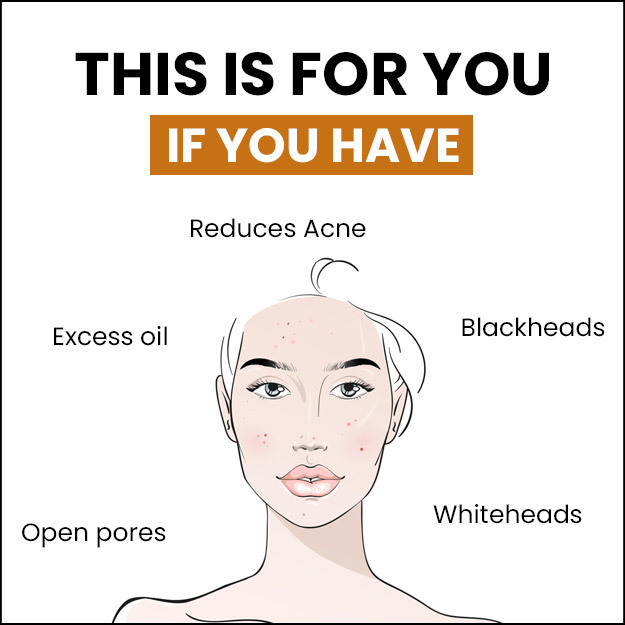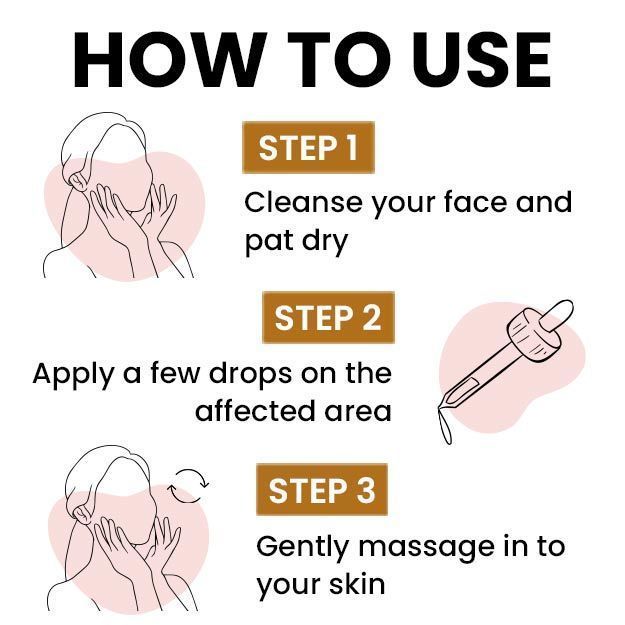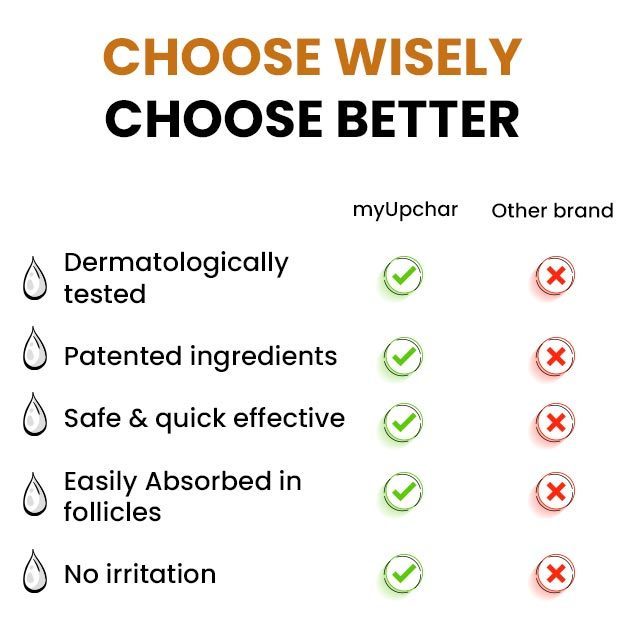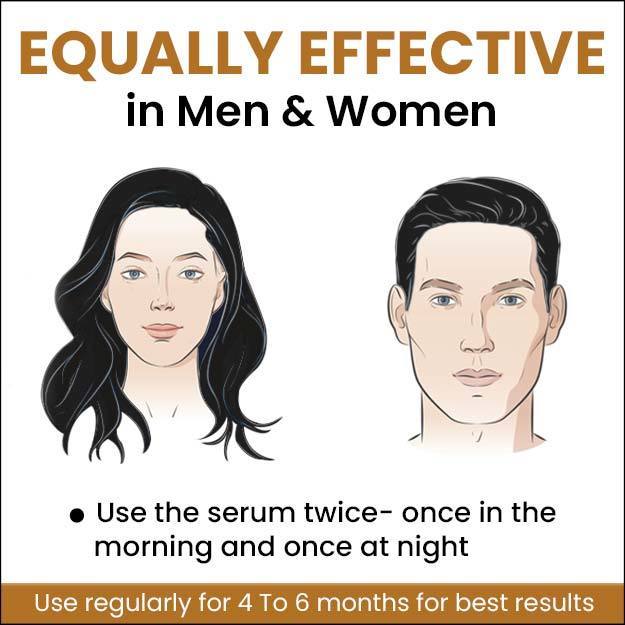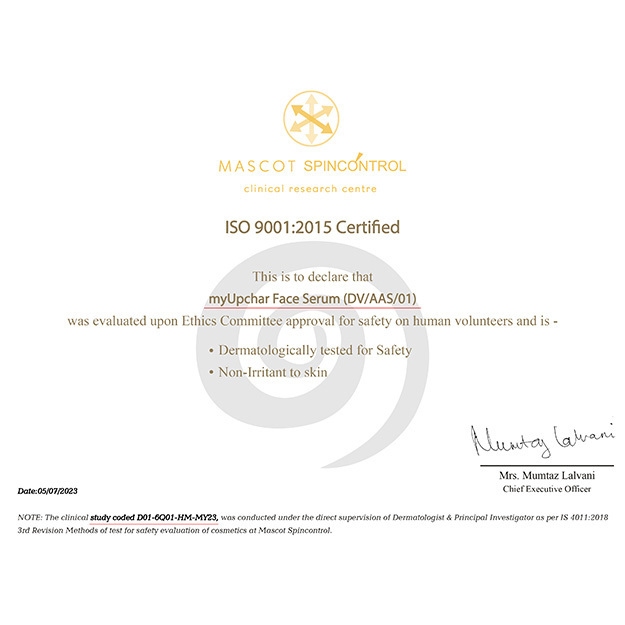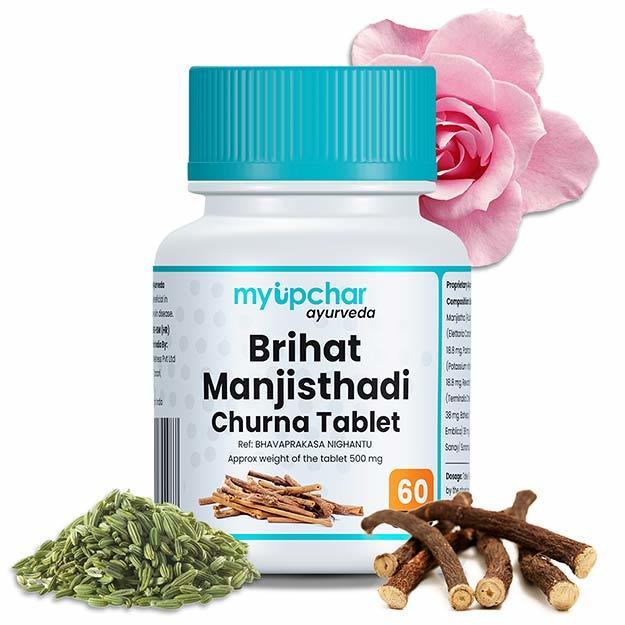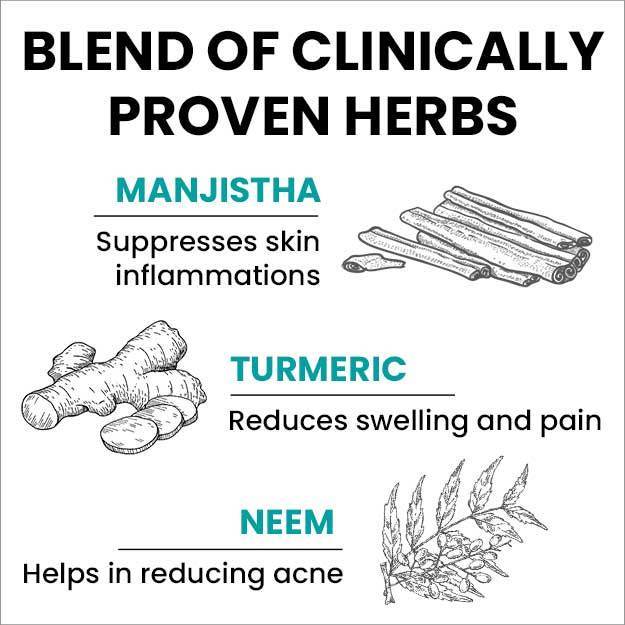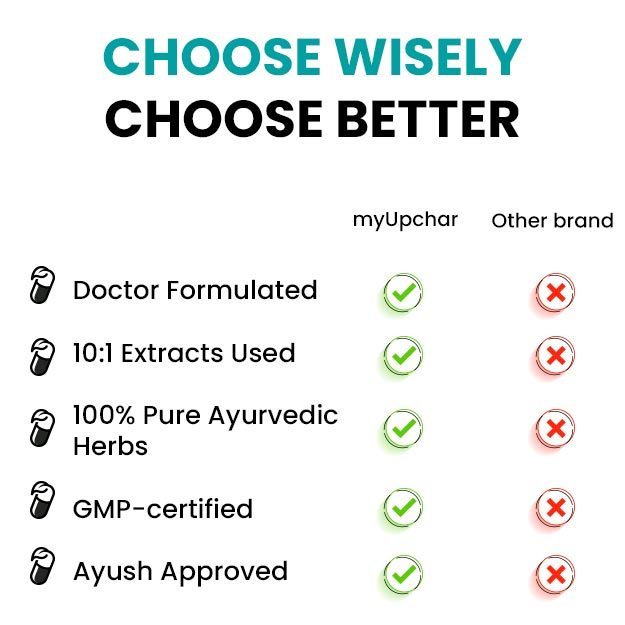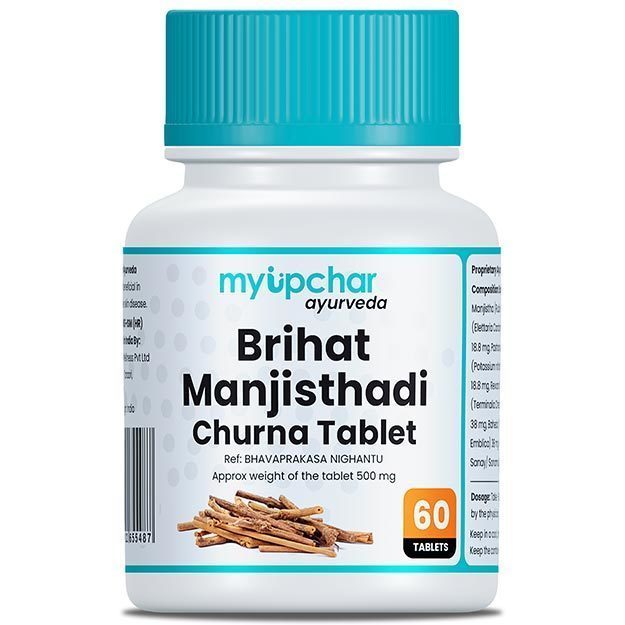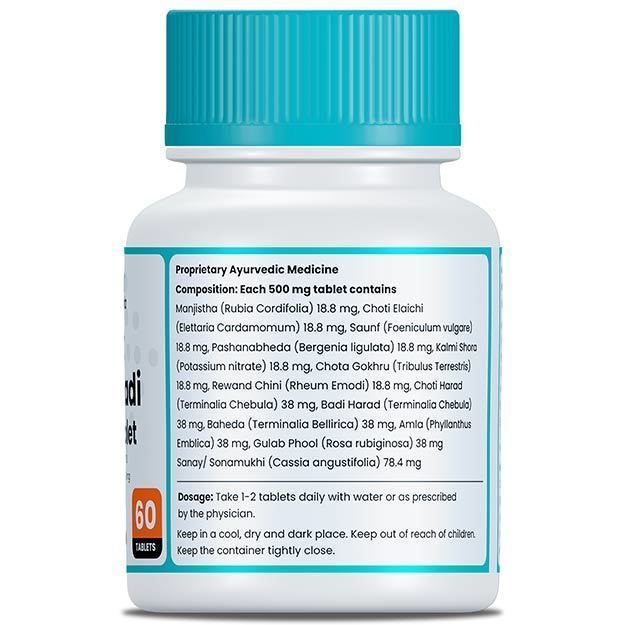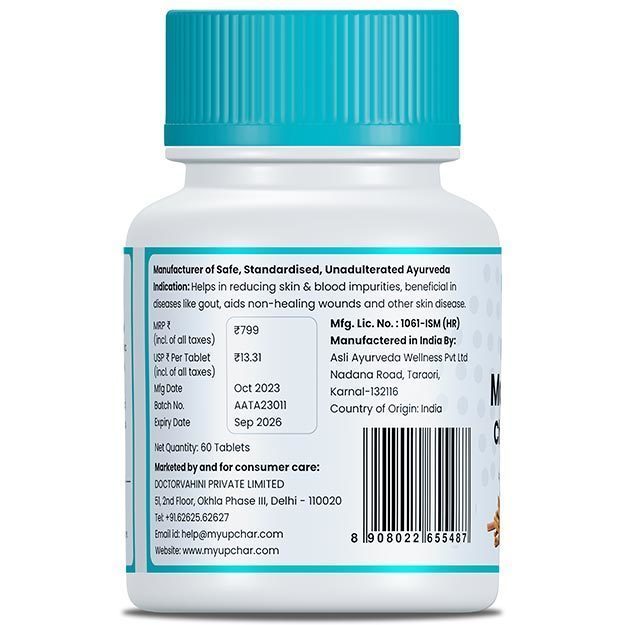Warts, medically known as verrucae, are small, rough growths that can appear on any part of the body and often resemble solid blisters. They are benign growths, resulting from a rapid increase in skin and mucosal cells, with human papillomavirus (HPV) as a common causative factor. More than 100 types of HPV virus exist, which are capable of infecting various parts of the body.
Warts are broadly classified as genital and non-genital warts. Genital warts typically spread by sexual contact with an infected person. Non-genital warts include common warts, foot warts or plantar warts and flat warts. Common warts occur on the hands, elbows and knees, whereas plantar warts occur in the form of clusters on the sole. Plantar warts typically appear on pressure areas such as the heel. Flat warts affect the skin exposed to light and are usually seen on the face and back of the hands; it appears in the form of clusters of 20 or more. Warts may also occur due to other underlying diseases, for example, genital warts caused by syphilis.
As per Homeopathic medicine, both the internal inclination to diseases (miasm) and the external virulence can cause the disease. It is commonly seen running in families, which points at the role of our innate immunity in the development of warts. Conventional methods of treating warts may cause pain and scarring. In contrast, homeopathic treatments are safe, mild, gentle, painless and follow a curative approach. Individualisation, along with wisely chosen remedies, determines the effectiveness of therapy of warts. Remedies generally used to treat skin warts include antimonium crudum, calcarea carbonica, causticum, dulcamara, ferrum picricum, natrium carbonicum, nitricum acidum and thuja occidentalis.

